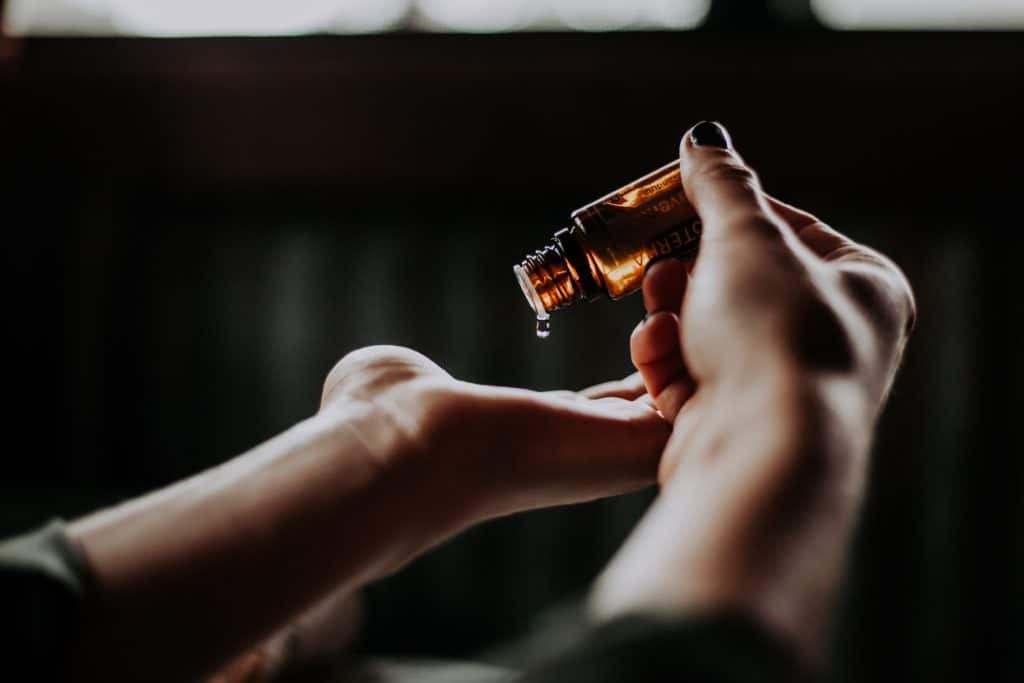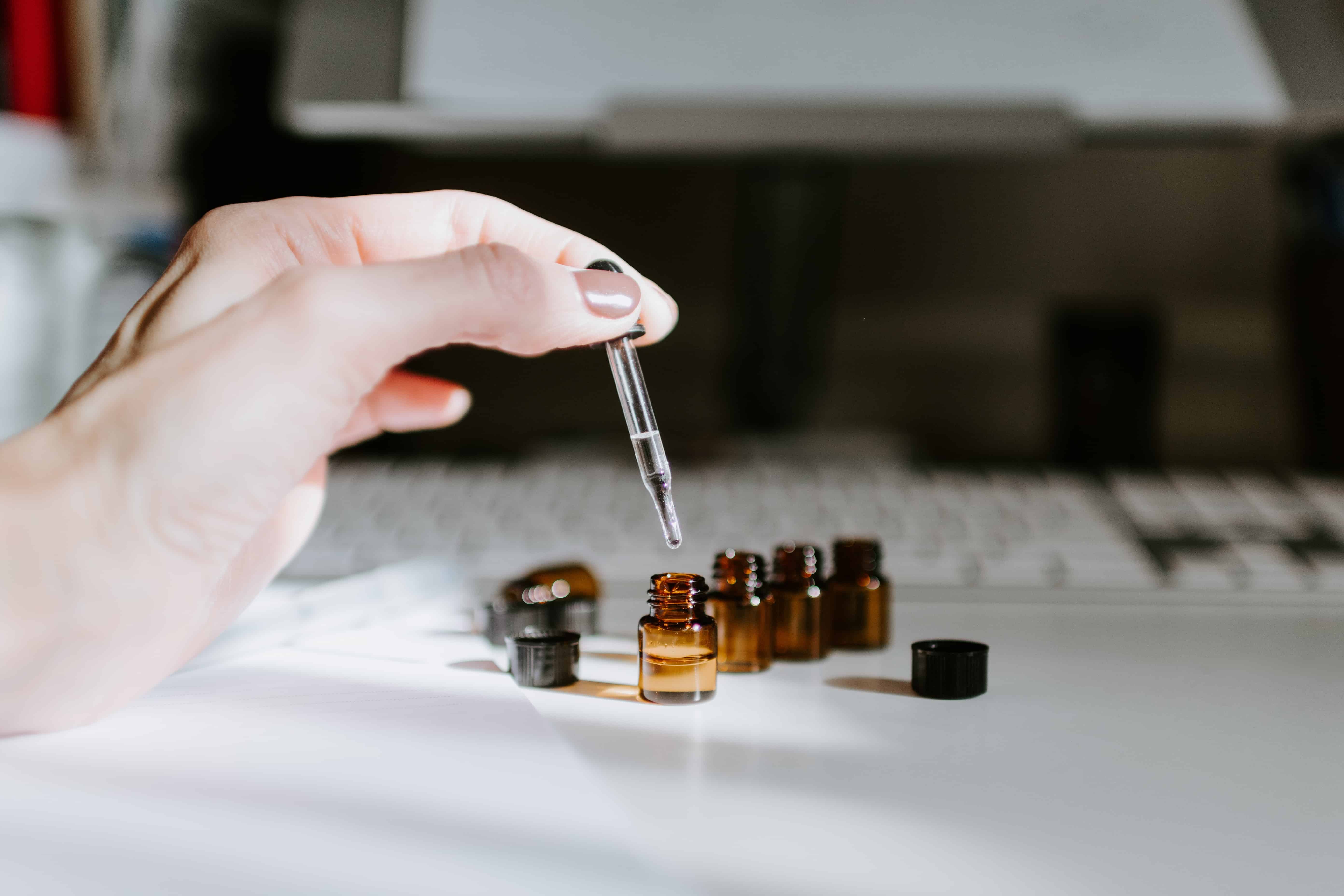Is oil of oregano good for UTI?
Urinary tract infections are common and the most frequent as presented by clinical reports. UTIs can be very painful and so uncomfortable to deal with. They can cause annoying pain when urinating, causing muscle aches, strong-smelly urine can be what they bring, and leaving you feeling weak and tired almost all the time.
The most common and conventional treatment for UTIs has always been antibiotics but we all now know what antibiotics can do to our systems which is the reason why many informed individuals are now seeking natural alternatives that they can make and use from the comfort of their own home.
Reading further will expose you to understanding UTIs better. A better understanding of these illnesses enlightens our reasoning for better treatment practices and guidance. We will learn how to avoid UTIs in the first place and how oregano can best help us take back our health. You will be able to understand why antibiotics cause more trouble than actually healing us.
What is a urinary tract infection?
The term urinary tract infection (UTI) is collectively used to describe infections we may experience with any part of our urinary tract (1). They may include the kidney, bladder, ureters, and urethra. The urinary tract is normally divided into the lower track which is the bladder and urethra, and the upper track for kidneys and ureters.
Urinary tract infections are also considered as a group of infections of the urinary tract. The most common UTI is the infection of the bladder, where our urine is stored, known as cystitis. For the kidney, it is known as pyelonephritis and for the urethra, urethritis (2).
Urinary tract infections are more common with women and responsible for over 25% of all infections. It is estimated more than 50% of women will develop a UTI during their lifetime (3). Even children are susceptible to UTIs and it is the most common bacterial infection for children below two years of age. It is believed, adult women are thirty times more likely to develop UTIs than men, and half of the women population experience UTI at least once in some period in their life (4).
Wondering what can cause a urinary tract infection?
Urinary tract infections are mostly caused by a bacteria infection in our bowels. The bacteria which is common to UTIs is Escherichia coli or the E.coli (5). The bacteria makes its way to the urethra, which is a passage from the bladder for urine. It eventually makes its way to the bladder where it quickly grows and leads to an infection.
There are other causes that may be due to a blockage which may be caused by probably large kidney stones or enlarged prostate gland for men. When this happens the free flow of urine is obstructed and can lead to a possible infection. Also, UTIs may be caused by a condition known as an indwelling urinary catheter (IDC). And majority of the time through sexual intercourse. Which is very common in women.
The main reason why women are more exposed to UTIs is due to the fact that females have a shorter urethra than men. This implies the bacteria turns to cover a short distance in women in other to complete the race to the bladder than the case with me. Besides, the vagina, urethra, and anal opening are close by each other which facilitates an easy spread of the bacteria (5a).
For children and babies, a dirty nappy can easily cause UTIs and very common with girls.
Some possible age-related risk factors for recurrent urinary tract infections (UTIs) in women.
For young and premenopausal ladies;
- The use of spermicide
- Sexual intercourse
- Sexual intercourse with a new partner
- A mother with a
history of UTIs - A history with UTIs during childhood
- Pregnant women
- Weak immune system
For Postmenopausal and elderly women;
- A history with UTIs before menopause
- Urinary incontinence which is also known as involuntary urination
- Astrophic vaginitis which can be due to oestrogen deficiency
- A cystocele, which is also known as a prolapsed bladder
- An increased post-void volume in urine
- A blood group antigen urine secretory status
- Urine catheterization and functional status deterioration which is very common with institutionalized elderly women (6)
Some signs and symptoms of UTIs

- Experiencing pain when urinating
- Some burning sensation from the urethra or bladder when urinating
- A frequent and strong urge to urinate but usually in smaller amounts
- Aches in the muscles
- Abdominal pains
- Always feeling tired and weak
- Cloudy urine appearance
- Urine may be red or bright pink in color which is a sign of blood in the urine
- Very strong-smelly urine
- In women, it can cause pelvic pains
- Confusion or delirium, common with elderly patients
Usually, UTIs are not too complicated to deal with and can disappear within 3 days of treatment. It only becomes very complicated if neglected. Some severe cases of UTIs can take up to 14 days with over the counter treatments and antibiotics (7).
Diagnosis
The most common standard for diagnosing a UTI is
The diagnosis of UTIs can be made with a high probability which can be based on the history of the urinary tract symptoms. This is mostly with patients showing fewer risk factors for a complicated UTI. Urine dipsticks are commonly used for such patients as opposed to urine cultures which are recommended for patients with risk factors for a complicated UTI (9).
In addition, the urinary tract bacteria can be “grown” in the lab. This can help the doctor understand what are the immediate causes of the condition and which treatment or medications can be more effective. For recurrent UTIs, the doctor might be forced to create images of the urinary tract. This can help the doctor rule out the abnormality with the condition. This can be done through an ultrasound, magnetic resonance imaging, or computerized tomography ( CT scan) (10).
Also, a scope can also be used to have a peek inside the bladder. This process is known as a cystoscopy which is done by using a long, thin tube with a lens to look around the bladder and urethra. The tube can be inserted through the urethra and passes through until the bladder (10a).
Why oregano can cure urinary tract infections (UTIs)
Oregano oil is well known for its outstanding benefits for the health and its ability to fight against numerous health conditions. Ancient Chinese healers, for thousands of
To answer the question if oregano oil is good for UTI, since oregano oil contains anti-bacterial properties, above all being a natural and organic treatment, oregano is with no doubt good for curing UTIs.
In a study that was published in the US National Library of Medicine, it is concluded that oregano can slow and stop the growth of E.coli known to be the number one bacteria causing UTIs and other bacteria (11). Another study compared the effectiveness of oregano oil with another essential oil (lavender essential oil) in fighting against bacteria. It was concluded that oregano oil is more effective with higher anti-microbial properties which makes it suitable to fight against bacteria like E.coli (12).
Oregano oil has been used to fight against other health issues, like stomach issues, parasites, candida, and yeast infections. Oregano stands a better chance to boost our immune system without causing severe damages compared to pharmaceutical antibiotics. Oregano oil is a natural treatment that can be used from the comfort of your home.
How to use oregano oil for urinary tract infections (UTIs)
Before using oregano oil in any way, it is important to take an appointment with your doctor for professional advice. It is also important to note, oregano oil is not favorable for the following conditions;
- Diabetes; If you are dealing with diabetes it is important to avoid the use of oregano as oregano can lower blood sugar levels
- Pregnant and nursing mothers; Oregano can cause serious issues to the fetus and can slow down the production process of milk for nursing mothers
- Taking medication for blood thinning; If you are taking blood-thinning medications or anticoagulant drugs, it is important to avoid using oregano oil as it is known to facilitate blood circulation in the system. Taking these medications with oregano can cause bleeding.
- For surgery; Avoid oregano oil when preparing for surgery as it can cause excess bleeding.
- Oregano can be allergic to some people; If you are allergic to mint, sage, marjoram, and basil, you are likely allergic to oregano. They all belong under the same plant family (Lamiaceae plant family).
The best way to use oregano oil to treat urinary tract infections (UTIs)
To use oregano oil for UTIs, you will have to take the oil internally and prepare a soothing cream and massage your lower stomach gently. For the lather, you can mix 2-3 drops of oregano with a tablespoon of a carrier oil and massage the lower abdomen 2-3 times a day.

To take oregano oil internally, you can add 2-3 drops of oregano oil in a glass of water and drink internally. You are not only limited to a glass of water but with any beverage of your choice. This is
If that be the case, you can use oregano capsules for your convenience. You should use no more than 600mg a day. You can make your own oregano capsules by filling the mixture in empty gelatin capsules.
Here are some recommendations as you take treatment.
- Drink enough fluids throughout the day drinking at least 3 to 5 liters of water a day can help flush out bacteria
- Avoid storing urine in your system. Holding urine can cause bacteria to multiply. Once in awhile urinate in a transparent plastic bag and examine your urine. Try to urinate after sexual intercourse.
- Always try to stay clean and dry. Avoid wearing tight-fitting clothes and underwear all the time. Try to wipe from front to back to avoid bacteria making their way to the urethra.
- Avoid the use of spermicides as it can cause irritations and allow bacteria to grow. Always go for lubricated condoms with no spermicides.
- Eat more probiotics as they support the systems flora and inhibit the growth of microorganisms that can lead to illness.
- Cranberry juice may help to limit the occurrence of UTIs a person develops over a period of a year (13). Cranberry can be used to prevent UTIs as it can help to limit the growth or colonization of bacteria.
- Garlic contains ingredients with a wide variety of antimicrobial characteristics. Garlic is known for its high antibacterial activities.
- The use of vitamin C can help to make the urine more acidic and limit the growth of bacteria (14)
EndNote
Oregano oil can be a





0 Comments